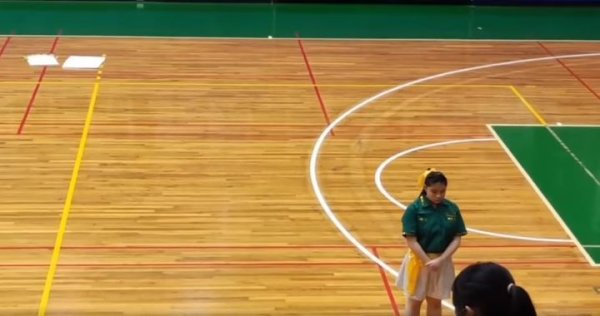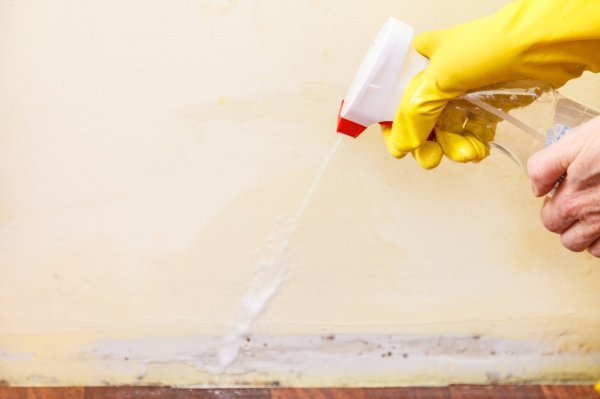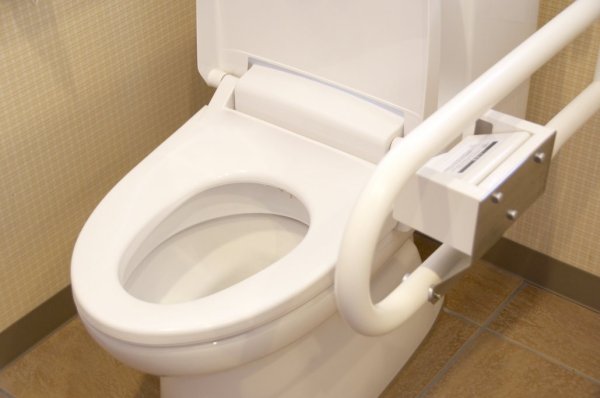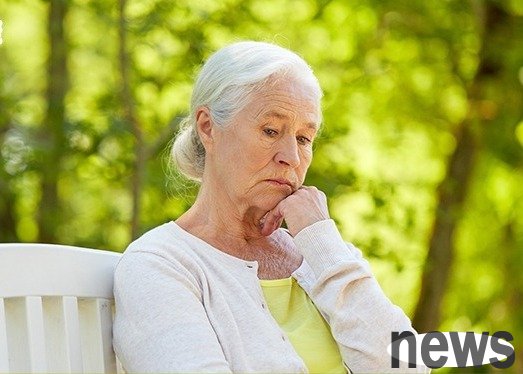A 92-year-old man lives in a care organization like a mobile phone. Professor Dong University said that he could live in an instant.
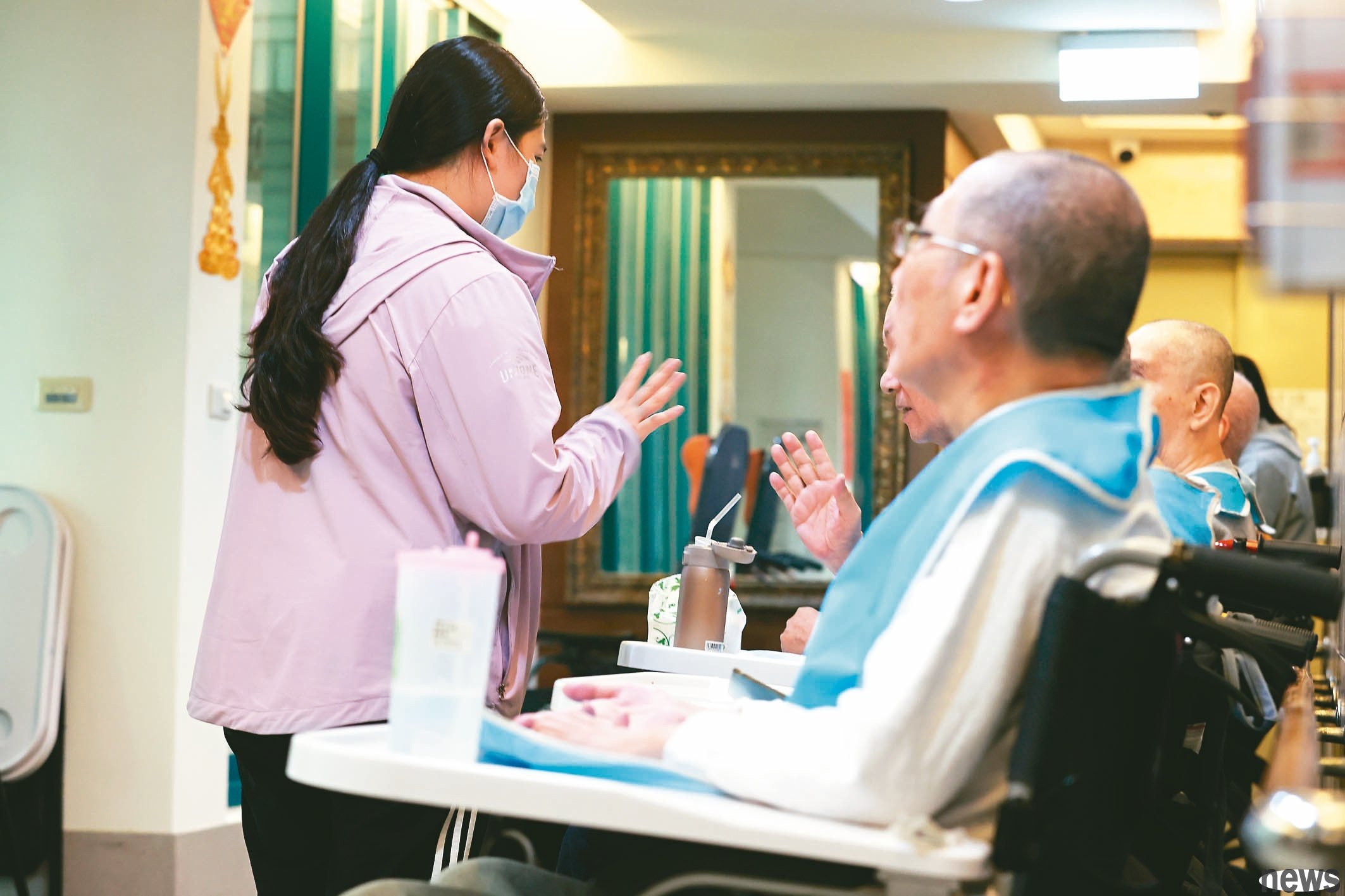
Former Tokyo University professor and 90-year-old Zee Maozhao is still a professional doctor, serving as the director of an elderly care organization and a authority expert in the field of geriatric diseases. He shares how a 92-year-old who lives in can quickly recover from his original life without relying on drugs and medical treatment.
As age grows, individual differences become more significant, and it becomes difficult to assess health status by just age or body. For seniors over the age of 80 or 90, some people can still participate in social activities, some people may need long-term care, or even bed cannot afford it; in addition, seniors who are still working or taking part in a certain social role are often more spiritually fulfilling than those who do not have social participation. As a doctor who has been a doctor of high aged for many years, Zhemao's profound body will greatly affect the health of high aged people.
There is a story of an elder who still impresses Zhemao. He is a 92-year-old male in a senior care organization in which Zhemao worked, and used to run a small company. Even though he had no serious illness, he was always listless and listless in the organization. Of course, being able to stay means that he has more or less health problems and requires some level of care, but compared with other occupants, his condition is particularly depressed, and he stays alone all day long and has hardly participated in any activities.
There are several interest groups in that organization that provide residents with participation, but since residents are mostly women, they are almost all female activities. The male elder said, "There is no society where I am interested." Zhe Mao asked him what he was interested in, and the other party replied "Board Chess".

It happened that Zhe Mao also liked chess, so he immediately summoned chess lovers in the organization to set up a chess club, with about a few men participating. What surprised people was that this 92-year-old man seemed to have changed his personality and became energetic. Every morning when Zhemao was patrolling the house, he would take the initiative to ask to play chess with him, waiting for the doctor's work to come to an end, and he would pull him to play chess with all hopes.
This organization provides short-term care on its principle, and residents usually return home after their health improvement. However, even if the elder is completely recovered and does not want to go home, even if his family comes to pick him up, he still says, "There are friends here who can play chess together. I am very happy every day, and I don't want to go back."
In the end, he was still taken home by his family. This incident made Zhe Mao deeply realize that even if he does not use medical means, he just provides an opportunity to make people feel happy, and can restore the elder's vitality, which makes him very surprised. This may be just a case, but it teaches us an important truth: for the high-age people, "life" (the meaning or passion of life) is very important. For this elder, chess is his life.




